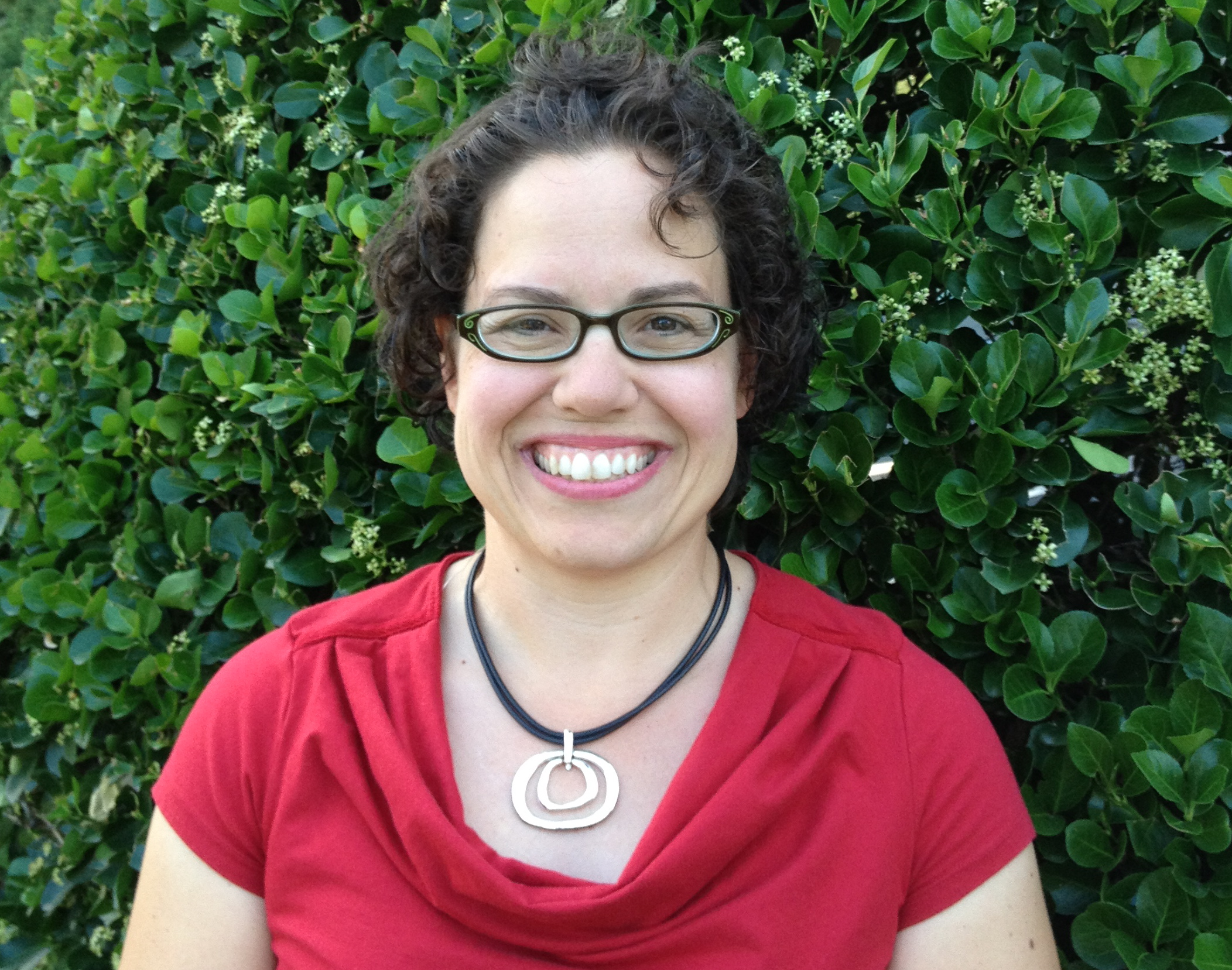Mungu ni Pendo[i]
When the Trade Towers
fell down
we were
going to school.
Mungu ni pendo.
Mom heard a big BOOM.
That was the plane going in.
Mom thought someone exploded the
Trade Tower from the BOOM.
Apenda watu[ii].
I think my sister first said,
“Is there war?
“Is this earth bombs”?
Mungu ni pendo.
Mom said, “Fire”?
Then she noticed
the Trade Towers.
A lady told me
a plane had
went into
the Trade Towers.
We saw smoke and
a few dots of fire.
Anipenda[iii].
When we stopped
at school
Mom looked, and
the Trade Towers
weren’t there.
Mom wanted to see it so much.
I wanted Mom to read to me.
Mom started crying.
Mom called
the police,
the fire department,
my dad,
and then
she just
stood there.
Sikilizeni[iv].
I felt scared.
I was
scared
that
the
Towers
might
topple
on us,
or the school,
or something.
Furaha yangu[v].
Going home from school,
I got really scared.
I thought Osama
would try to blow up
Menno house,
‘cause that’s where
we were staying.
It made me really scared.
Mungu ni pendo.
When we got home
to Menno House
our preacher was praying
for the people in
the Trade Towers,
and the hospital,
and the firefighters.
I asked him to
pray for my friend’s Dad.
Anipenda.
Noa and I each chose
a candle that we lit
for a while.
We sold brownies
and cookies [with]
NYC on them.
We made more
than 70 dollars.
We…[gave] it to
the firefighters and
the hospitals.
There was a
newspaper picture
that showed a
a Bald Eagle
crying.
The Nation’s
crying.
Mungu ni pendo.
Two years ago
my dad worked there
on the 86th floor,
I think.
Apenda watu.
Dad and Mom said,
“PEACE”.
It is wrong
we were
fighting a war
against Anghafistan [Sic].
Mungu ni pendo.
I think
Terrorists
should be called
Sadderists [Sic]
since they
make grief.
Anipenda[vi].
[i] The title of this poem is the Swahili translation of the song, For God So Loved Us.
[ii] He sent the Savior.
[iii] And loves me too.
[iv] Love so unending.
[v] I’ll sing his praises.
[vi] Loves even me.
Acknowledgement
I would like to thank the Yoder family, Katrina, Mike, Mica, and Noa for their support of this work and know they will write of this event one day
References
Furman, R. (2006). Poetic forms and structures in qualitative health research. Qualitative
Health Research, 16(4), 560-566.
Glesne, C. (1997). That rare feeling: Re-presenting research through poetic transcription.
Qualitative Inquiry, 3, 202-221.
Lahman, M. K. E. (2011). I’m All Woman[en]. Qualitative Inquiry, 17(12) 126-129. Lahman M. K. E., Rodriguez K. L., Richard, V. M., Geist M. R., Schendel R. K., &
Graglia P. (2011). (Re)Forming research poetry. Qualitative Inquiry, 17(9) 887–
896.
Lahman, M. K. E., Geist, M. R., Rodriguez, K. L., Graglia, P. E., Richard, V. M., &
Schendel, R. K. (2010). Poking around poetically: research, poetry, and
trustworthiness. Qualitative Inquiry, 16(1), 39-48.
Teman, E. (2010). Now he’s not alive. Qualitative Inquiry. Retrieved from
http://qix.sagepub.com/content/early/recent
